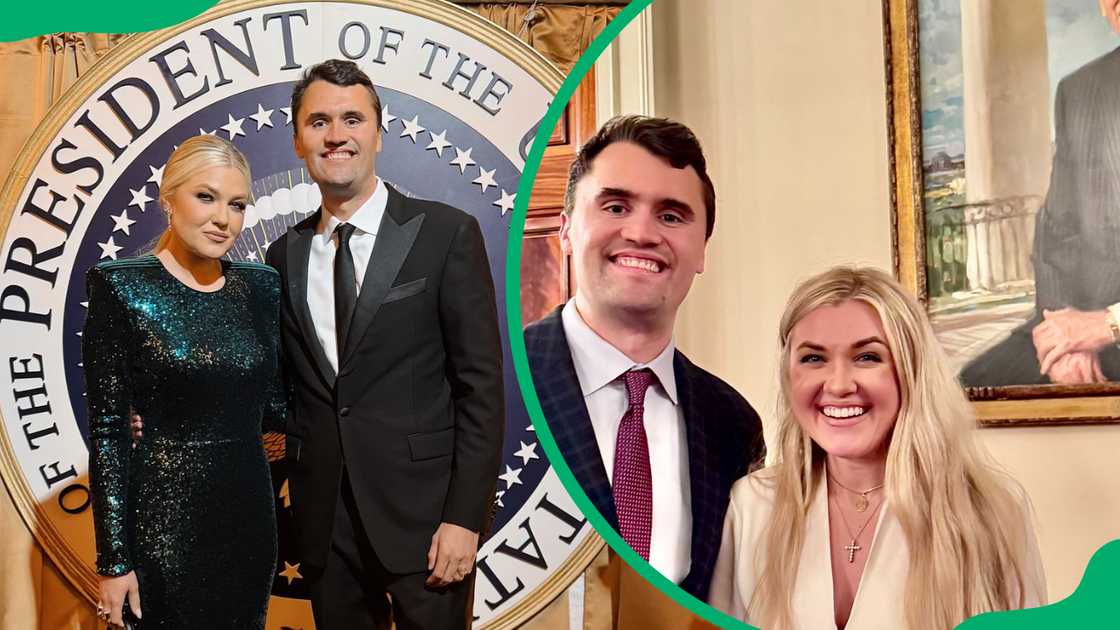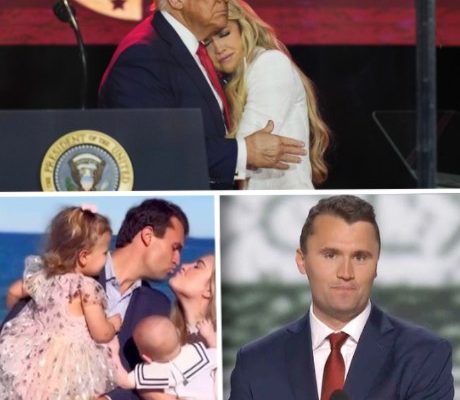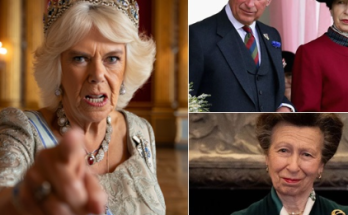Erika Kirk Forgives Her Husband’s Killer: A Moment of Grace in a Divided America

On September 21, under the vast lights of State Farm Stadium in Glendale, Arizona, more than 60,000 people gathered to mourn Charlie Kirk, the conservative activist whose life was cut short by an assassin’s bullet just eleven days earlier. The crowd expected grief, anger, and defiance. What they did not expect was forgiveness.
Standing before the sea of mourners, Erika Kirk, widow of the 31-year-old activist, held the microphone with trembling hands. Her voice broke, but her words cut through the heavy air with astonishing clarity:
“My husband wanted to save young men like the one who took his life. I forgive that young man.”
VIDEO:
The young man she referred to was Tyler Robinson, 22, accused of fatally shooting Kirk while he addressed students at Utah Valley University on September 10. For many, Robinson embodies the violent extremism corroding America’s political life. But for Erika, he was not just a killer. He was also a lost soul in need of redemption—something Charlie himself, she insisted, would have understood.
Forgiveness Instead of Hate
“I forgive him,” Erika said again, her voice steadier this time. “Because that is what God would do. And that is what Charlie would do. The answer to hatred is not more hate.”
The stadium fell silent. For a moment, politics and partisanship dissolved into something deeper: awe at a woman who chose grace over vengeance. Tears streamed down the faces of supporters. Some clasped their hands in prayer. Others shook their heads, stunned by the magnitude of her words.

Trump’s Tribute
President Donald Trump, who attended the memorial behind bulletproof glass, praised Kirk as a man of “kind heart and unbreakable fighting spirit.” Trump recalled how Kirk had confided in him about death threats but had refused to back down.
“He knew the risks,” Trump told the crowd, “but he never wavered. Charlie didn’t hate his opponents—he wished them well. That’s where he and I disagreed. I hate my opponents, and I don’t wish them the best.” The crowd laughed, but the moment was bittersweet, a reminder of Kirk’s unique place in a political movement often defined by hostility.
As Trump concluded his remarks, he invited Erika back to the stage and embraced her before the roaring crowd. The image of the former president holding the grieving widow became the defining symbol of the memorial—a fusion of politics, loss, and unexpected tenderness.

A Complicated Legacy
Charlie Kirk was a controversial figure. As co-founder of Turning Point USA, he electrified conservative youth with fiery debates and unapologetic rhetoric rooted in Christian nationalism. Supporters saw him as a warrior for freedom. Critics condemned his harsh attacks on minorities, including Muslims, African Americans, and the LGBTQ+ community.
Even Robinson, the accused gunman, claimed in statements to investigators that Kirk “spread hatred” and that this fueled his decision to act. He now faces seven charges connected to the shooting and could face the death penalty.

A Moment That Echoes
Yet Erika’s words overshadowed politics and blame. In forgiving the man who destroyed her world, she offered a glimpse of something larger: the possibility of healing in a country consumed by division.
Her choice did not erase the pain. It did not change the reality that Charlie Kirk’s children will grow up without their father, or that America has lost yet another voice to political violence. But in that stadium, before thousands, Erika Kirk chose to stand not as a symbol of vengeance, but of grace.
And in doing so, she reminded the world that even in the darkest hours, forgiveness remains a radical, transformative act.
Breaking News or Just a Beautiful Rumor? Princess Catherine and the Viral Story of 850 Homes in Texas




